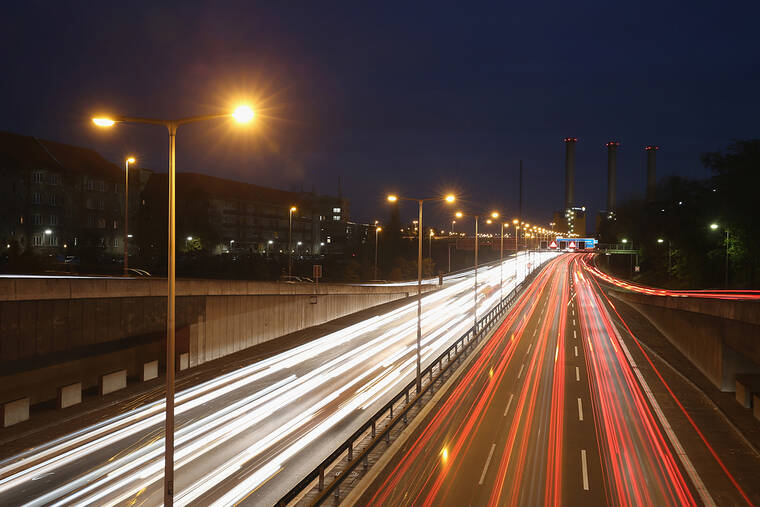Warnings about the agenda of global warming alarmists can seem far-fetched. But consider what’s happening in Germany.
A recent German governing coalition set a national goal of carbon neutrality by 2045. Nevada has a goal of reaching net-zero carbon emissions by 2050. To many, that sounds worthwhile — at least until you learn the details.
Germany divided its economy into various sectors, such as energy, transportation and industry. Each was supposed to reduce its share of carbon emissions proportionally. If an area misses its goal, a minister may unilaterally take steps to lower future carbon emissions to the required levels.
While some sectors met their targets, transportation consistently failed to do so. That put Transport Minister Volker Wissing in a difficult position. One way to lower transportation emissions is for people to drive less. But people like their cars and their mobility. Wissing warned that without changes, he would be required to do something drastic, such as imposing “comprehensive and indefinite driving bans on Saturdays and Sundays.”
One might think that climate doomsayers would celebrate, given that achieving carbon neutrality will mean a de facto ban on gasoline-powered transport by car or airplane. Remember that Rep. Alexandria Ocasio-Cortez’s original Green New Deal implied it sought the end of air travel as we currently know it. Instead, they were furious that details of their drastic economic overhaul were made public.
Likewise, Greenpeace mobility expert Clara Thompson accused Wissing of “coming up with horror scenarios.”
Note the duplicity. In advocating for net-zero, Greenpeace and other scaremongers essentially seek the end of gasoline-powered travel.
But they would prefer members of the public not learn of this until it’s too late to do anything to stop it. It’s why U.S. environmentalists prefer to stealthily work through regulations, executive orders and platitudes. If they were honest about what their agenda actually entailed — total economic disruption and heavy-handed mandates governing individual behaviors such as driving — the public would soundly reject it. But they hope to avoid that level of accountability by working in the background.
In Germany, weekend driving appears safe for the moment. German officials have agreed on a more flexible law that would consider if the economy as a whole is meeting its emissions reduction targets. That would allow transportation emissions to remain stable if emissions in other parts of the economy declined more rapidly.
“With the agreement, driving bans are finally off the table,” Wissing said recently.
Maybe. Maybe not. German officials still insist they will be carbon neutral by 2045. That means the specter of driving bans — including in the United States — have only been delayed, not eliminated.

